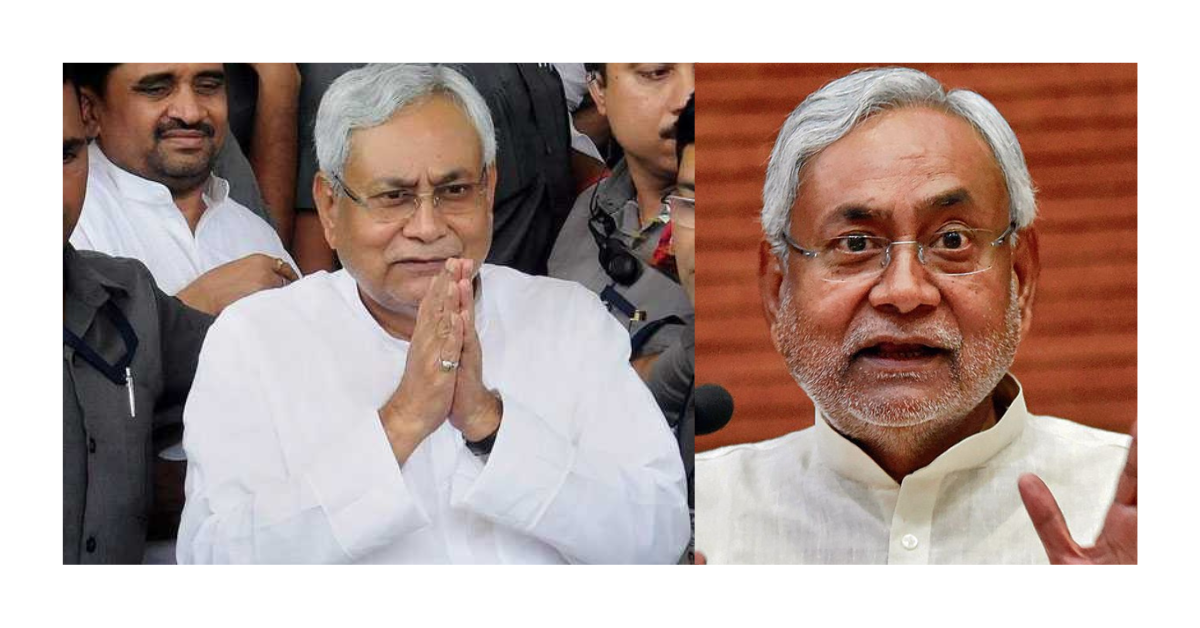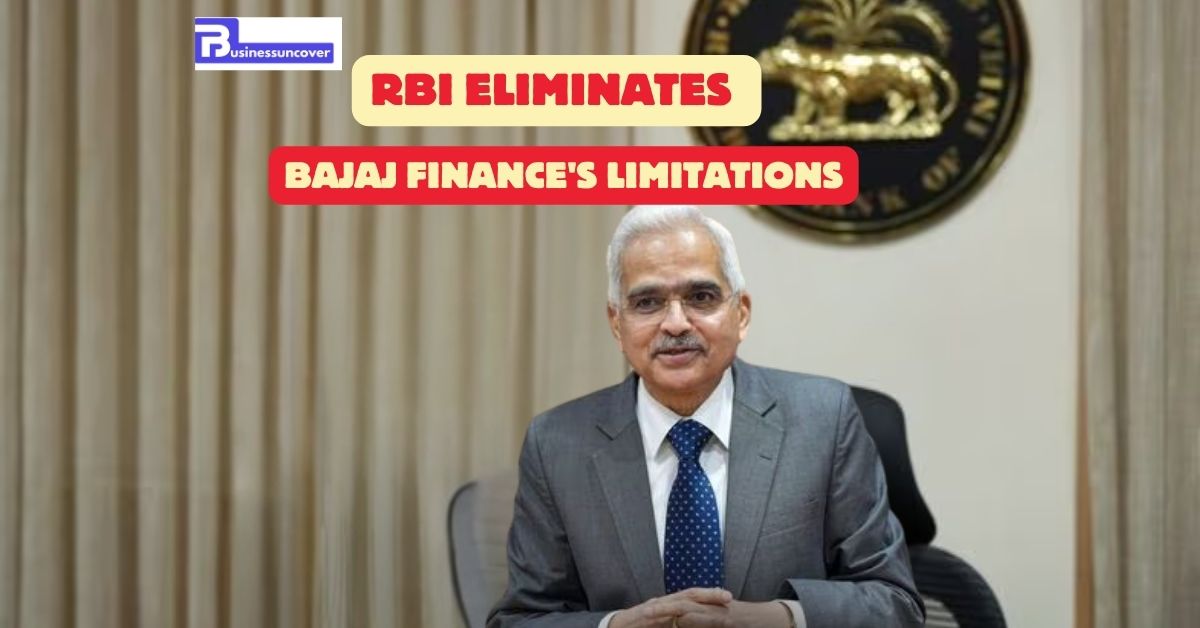The telecom industry: The department of telecommunications (DoT) is about to release a set of reforms that are primarily intended to expedite the grant of spectrum for trial purposes, rationalize penalties, and simplify the licensing process.
According to sources, DoT also intends to introduce a regulatory sandbox framework. This will give startups, telecom companies (The telecom industry), equipment manufacturers, and academic institutions a lab-like environment to find and test novel applications and creative solutions.
The minister of communications and IT, Ashwini Vaishnaw, is expected to announce a set of reforms soon that are intended to make doing business easier, according to officials.
Penalties, for example, are currently enforced by fines of up to Rs 50 crore per instance, per service area, for noncompliance or violation of the terms of the unified licence (UL). To replace this, though, is what DoT wants to do—a graded penalty structure based on recommendations from the industry. The Government has suggested rationalizing the penalty structure in the draft telecom Bill as well, with a maximum slab of Rs 5 crore.
Presently, the DoT takes about eight weeks to provide final approval for the assignment of spectrum for testing. Operators may be given spectrum upon self-certification of the need for it, eliminating the need for this procedure.
According to officials, the reforms will also specifically address defining precise deadlines for the approval of specific processes and licenses, as well as increasing transparency in the actions taken on certain applications.
Through the Sanchar Saathi portal, users can track and block lost or stolen phones, and the Department of Technology has recently implemented a number of consumer-centric reforms to help users identify and block fraudulent connections issued in their names.
Analogously, new regulations imposed on SIM card vendors mandate both biometric authentication and telephone company registration. The government has further prohibited telcos from selling bulk SIM cards in an effort to combat the threat of fraudulent SIM cards. Only after proper registration and individual employee verification using those SIM cards can the same be done for legitimate business entities.
The government streamlined several structural and procedural reforms in September 2021 in an effort to support robust competition, safeguard consumer interests, inject liquidity, stimulate investment, and lessen the regulatory load on telecom service providers.
The reforms also permitted 100% foreign direct investment via the automatic route, rationalized adjusted gross revenues and bank guarantees, and placed a moratorium on telecom operators’ regulatory obligations.







